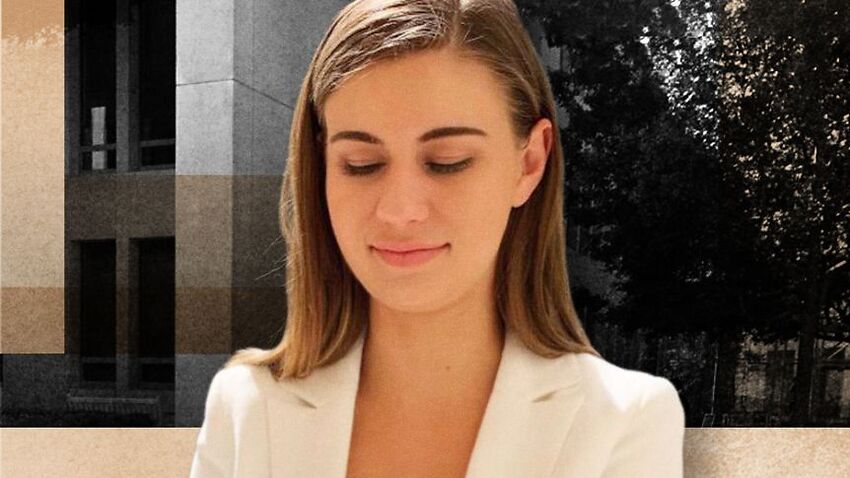Victim support helplines are experiencing an increase in people reporting their stories of sexual assault – some for the first time – amid a constant stream of reports surrounding sexual assault allegations in federal parliament.
News headlines have been dominated in the past week by a historical rape allegation against federal Attorney-General Christian Porter, who on Wednesday broke his silence to strenuously deny the accusation.
Liberal staffer Brittany Higgins’ allegations of being raped by a colleague in 2019 have also rocked federal parliament since emerging on 15 February.
1800RESPECT, the national sexual assault and family violence hotline, received 5768 calls in the week that Ms Higgins went public with her story.
The week prior, the helpline received 5037 calls.
Most news organisations refer audiences to 1800RESPECT or Lifeline when reporting on stories of sexual assault.
A spokeswoman for 1800RESPECT said it’s not uncommon that a spike in calls would coincide with news reports of sexual assault.
“When sexual violence is reported in the media, we will often see more people reaching out for support,” the spokeswoman said in a statement to SBS News.
The sharing of stories helps others come forward, she said.
“The voices of those impacted by assault and harassment matter,” the spokeswoman added.
“Sharing their lived experience helps generate awareness and encourage societal change. It can help others impacted by sexual assault to better understand their experience, or urge them to reach out for help or report an incident.”
Rape & Domestic Violence Services Australia is also experiencing a spike in calls from people who are reporting cases of sexual assault for the first time.
“A lot of them are from assaults that happened many, many years ago,” spokeswoman Eleanor Campbell told SBS News.
“They are saying ‘I just can’t keep it to myself anymore’”.
Ms Campbell said some of those who are reporting historical abuse are only now understanding that what had happened to them was sexual assault.
Others are describing anger and shame about not speaking out and not being able to do anything with their emotions.
“They’ve seen some advocates come out and speak quite widely and openly and then that creates some questions in their own mind about why they haven’t yet spoken out,” she said.
“Some people have received a lot of support and they want to speak out. But overall people need to be gentle with themselves, seek support, work out what will help them in the moment and just look at healthy ways to understand these strong emotions.”
The helpline is also dealing with an influx of people seeking support to help them deal with triggers.
“They have acknowledged sexual harm in the past but now it’s just all coming back in waves, because every time they turn the radio or the television on, it’s sitting in front of them,” Ms Campbell said.
If you or someone you know is impacted by family and domestic violence or sexual assault, call 1800RESPECT on 1800 737 732 or visit 1800RESPECT.org.au. In an emergency, call 000.







